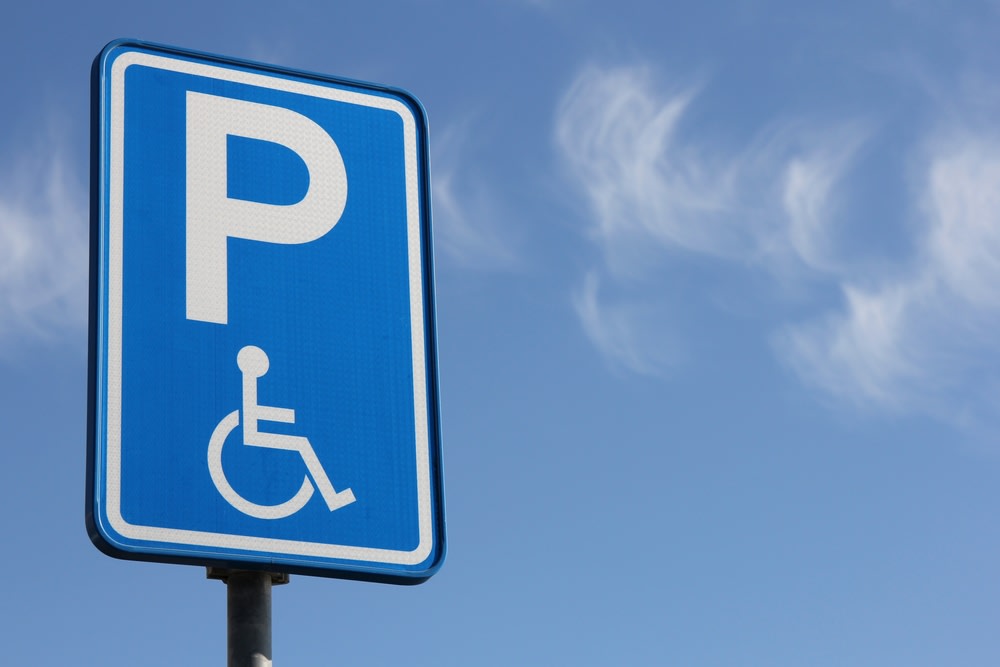

Every state has its own unique rules and guidelines for disabled drivers. It is important that you familiarize yourself with the laws not only for the state in which you live, but for any states that you might visit or be traveling.
In Massachusetts, you are eligible for a disabled driver placard and/or license plate if you suffer from one or more of the following conditions:
A lung disease that restricts your ability to breathe
The inability to walk more than 200 feet without needing to rest or assistance
Any condition that requires you to use a wheelchair, cane, crutch, or any other assistive device
An arthritic, neurological, or orthopedic condition that limits your mobility
Any condition that requires you use portable oxygen
A cardiac condition classified as a Class III or IV by the American Heart Association
Have lost one or more limbs
If you are legally blind
If you feel you suffer from one or more of these conditions and you live in the state of Massachusetts, you might want to consider applying for a disabled driver parking placard and/or license plate
How do I apply for a placard and/or license plate?
The application is a two page form. Please be aware that you must bring the second page of this form to a physician and have him or her certify that you do in fact suffer from one or more ailments that qualify you for special parking privileges. You should allow up to one month for your information to be processed and for your placard to arrive.
What type of doctor can complete the second page of my application?
A physician, physician’s assistant, nurse practitioner, or chiropractor can certify that you have a condition that limits your mobility.
You may then mail the form to the Massachusetts Medical Affairs Bureau at:
Registry of Motor Vehicles
Attn: Medical Affairs
PO Box 55889
Boston, MA 02205-5889
Or you may bring the form in person to any Registry of Motor Vehicles (RMV) branch location.
What is the time difference between a temporary and a permanent placard?
In Massachusetts, temporary placards are valid for anywhere from two to 24 months. Permanent placards are valid for five years. In most states, temporary placards are valid only for six months, but Massachusetts is unique in its long time limit.
Where am I allowed and not allowed to park with my placard and/or license plate?
As is true in all states, you may park anywhere you see the International Symbol of Access. You may not park in areas marked “no parking anytime” or in bus or loading zones.
Is there a proper way to display my placard?
Yes. Placards should be displayed on your rearview mirror. If you do not have a rearview mirror, place your placard on your dashboard with the expiration date facing toward the windshield. Your placard needs to be in a place that a law enforcement officer can see it if he or she needs to. Please remember that you should not hang your placard from your rearview mirror while you are driving, but only after you are parked. Driving with the placard hanging from the rearview mirror might obstruct your view while driving, which could be hazardous.
Am I allowed to lend my placard to a friend or family member, even if that person has an obvious disability?
No. Lending your placard to another person is considered abuse and in Massachusetts you could be fined from 500 to 1000 dollars. You are the only person who is allowed to use your placard. Please note that you do not have to be the driver of the vehicle in order to use your placard; you can be a passenger and still use your placard when you park.
Can I use my Massachusetts placard and/or license plate in another state?
Yes. But you must be aware of the specific rules that that state has for disabled drivers. Remember that every state is different when it comes to disabled driver laws. It is your responsibility to familiarize yourself with the laws in whatever state you happen to be visiting or traveling through.
How do I renew my placard and/or license plate in Massachusetts?
If you hold a permanent placard, after five years you will receive a new placard at your mailing address. If you hold a temporary placard, you will need to reapply for your disabled driving parking privileges, which means you will need to revisit your physician and have him or her certify that you either still have a disability, or that you have developed a new disability that limits your mobility. The physician must also include a statement about whether you need to take a Road Competency Exam to determine if you are fit to operate a motor vehicle.



